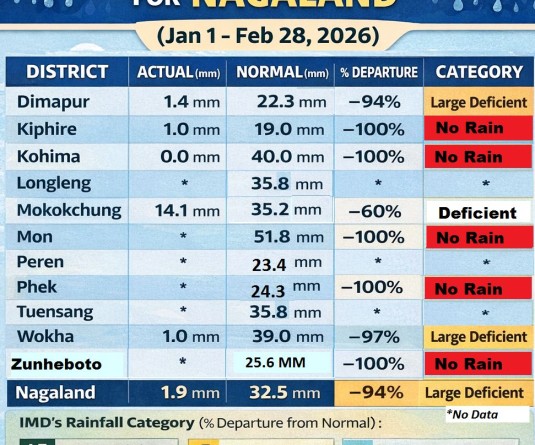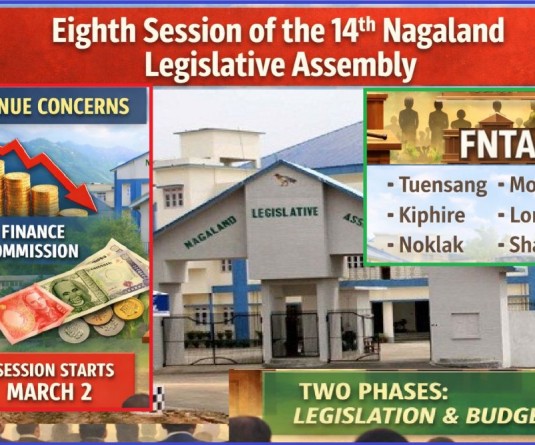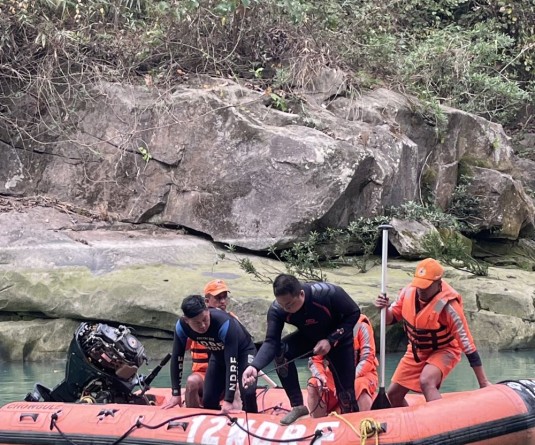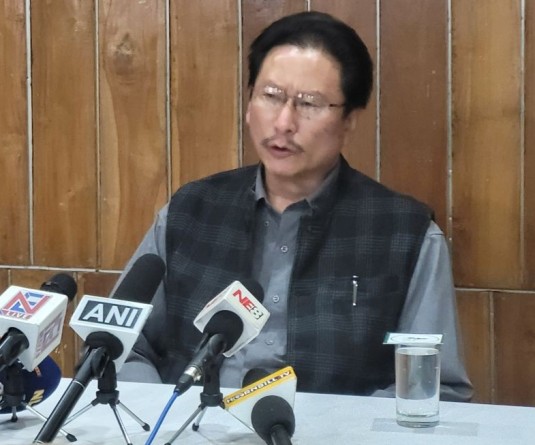Nagaland DGP Rupin Sharma delivering Catalyst Address on April 24 at PHQ Conference Hall, Kohima. (Morung photo)

Nagaland DGP says public indifference is hampering efforts against extortion
Morung Express News
Kohima | April 24
Nagaland Director General of Police (DGP) Rupin Sharma on Wednesday said the state police are doing their best to combat extortion wherever incidents or complaints are brought to their notice, but stressed that public participation remains crucial in eliminating such crimes.
Speaking at The Catalyst Address organized by Sparkplugs at the PHQ Conference Hall in Kohima, Sharma highlighted the importance of community cooperation in curbing extortion. Referring to the mobile app and website launched by the Nagaland Police in 2023 to combat drugs and extortion, he expressed concern over low public response.
“Made in Nagaland,” the app, allows individuals to report extortion or drug-related cases anonymously, without revealing personal information. Despite this, Sharma said public openness in sharing information remains limited.
“The openness of the public to come forward and share information is still lacking,” he said. “There needs to be a change in the perspective that the police knows everything,” he added, noting that police rely on the information they collect from various sources.
He urged the public, NGOs, and civil society organizations to take the lead in addressing these issues, expressing optimism that “we can overcome and overpower these kind of menaces.”
Sharma also spoke about the challenges faced by the police force, stating that while their capabilities have not been questioned and their responsiveness has improved, resources to assist in law enforcement and investigations still need enhancement.
Addressing a group of students, Sharma reflected on his personal journey and the life lessons learned through mobility. Citing his family's frequent relocations due to his father's profession and later his own, including his move to Nagaland, he spoke on the value of stepping outside one’s comfort zone.
He encouraged students to embrace travel—whether for education, leisure, personal growth, or employment—as a means of expanding one’s horizons. “Confinement in one's own four walls may limit the person's growth and learning,” he said, adding that exposure to different people and societies are essential.
“Different place give different experience which is vast and broad. It takes time to understand societies but with time we can differentiate the similarities which bring people together,” Sharma said.
He also called on students to appreciate societal differences, particularly in a culturally rich and diverse region like Nagaland. He asked the audience to keep an open mind and avoid making assumptions about others.
Touching on the role of education, Sharma advocated for a more interactive model. “Education should be a two way dialogue rather than a one way dialogue,” he said, urging students to engage actively and ask questions.
“The same applies to life when ones inquisitiveness and curiosities helps us find answers to life, it will improve the quality of dialogue and improves knowledge,” he pointed.
Observing the socio-cultural landscape of the state, Sharma remarked, “Nagaland is in a very face paced flux where we are still navigating between our different identities,” and added that solutions would emerge through dialogue and discussion.
He further advised students to stay informed about current events—not only in the state but also at national and international levels—to build awareness and enhance their understanding of the world.
The programme began with an introduction by Dietho Angami and was attended by students from various schools.






